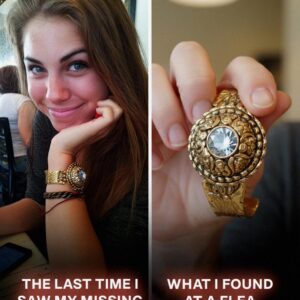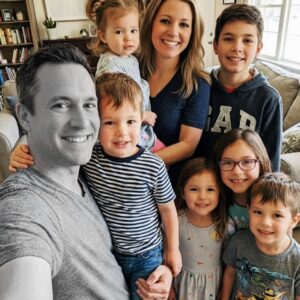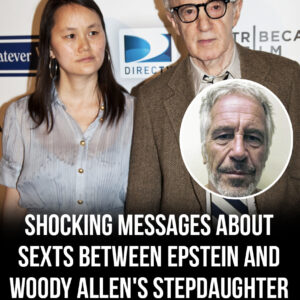We’re sorry you’re facing such a painful situation, and we hope these points help you find clarity. First, honestly consider whether your husband is capable of change. His silence while his mother insulted you and your child speaks volumes, and avoiding conflict may be a pattern you’ll continue to face. Ask yourself if you’re willing to live with a partner who doesn’t actively protect or support you.
You may also need to reassess the relationship itself. Trust and respect are hard to rebuild when someone repeatedly chooses peace with others over loyalty to their spouse. Setting firm boundaries with your mother-in-law is essential—limit contact, especially around your child, and make it clear this is non-negotiable. If you believe your marriage is still worth saving, couples therapy could help your husband learn to communicate and stand up for his family. But remember, change only works if both people truly want it.





